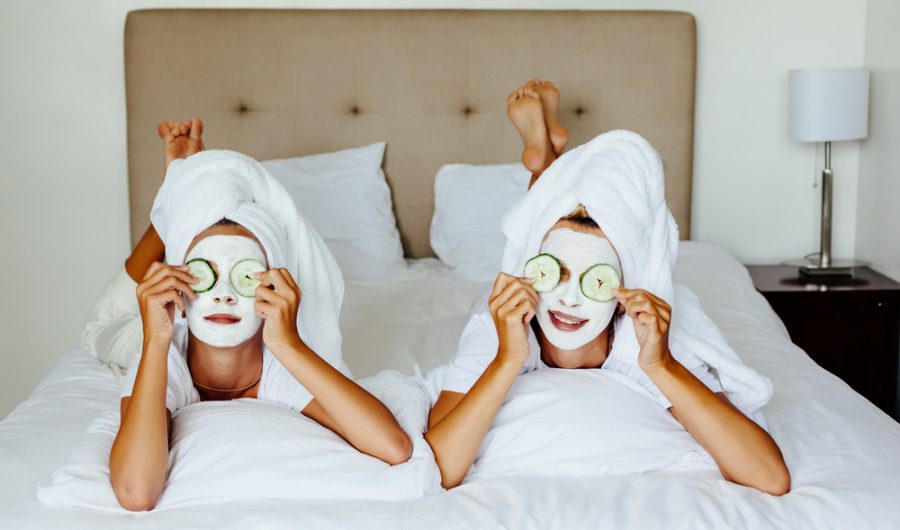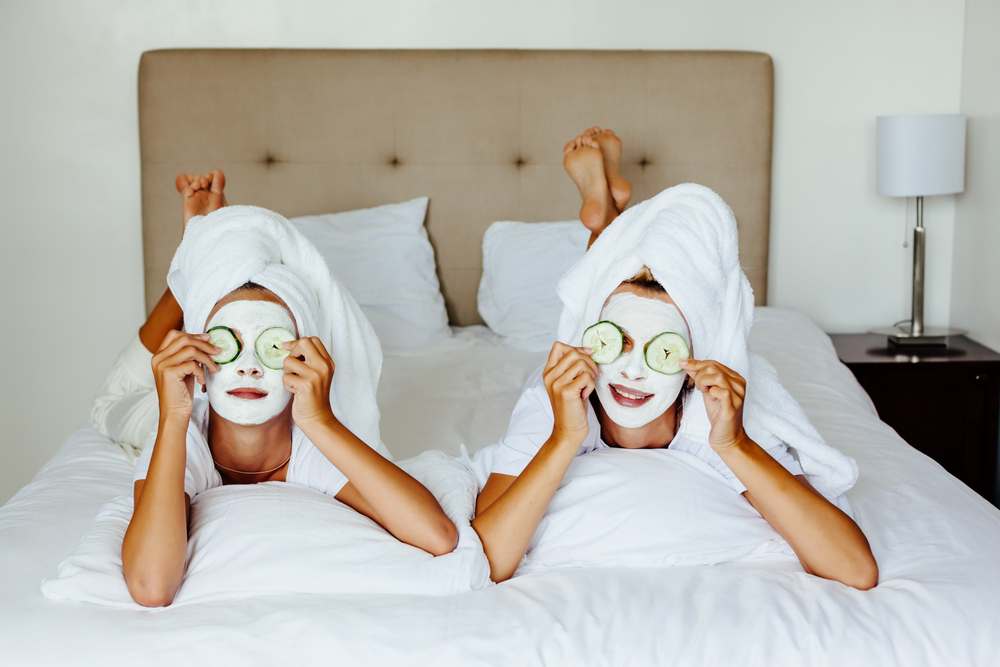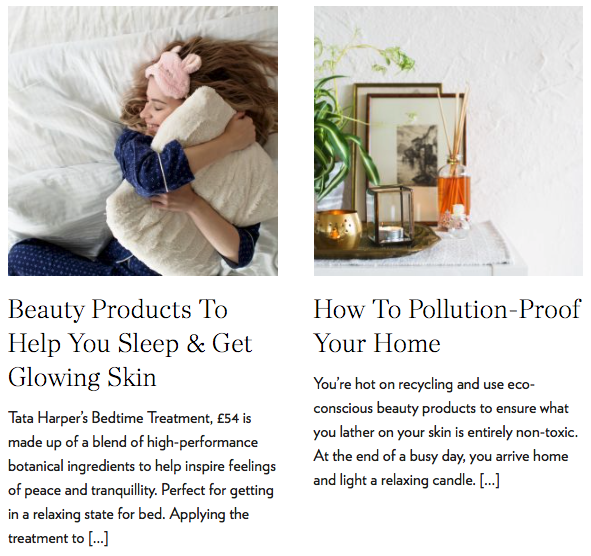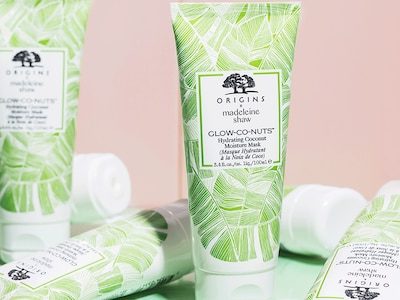Nothing can contribute to a lack of self-confidence like a bad bout of troublesome skin. With summer around the corner and more social gatherings being added to your calendar, you’re not alone in wanting to achieve radiant skin. With many people claiming that dietary changes helped them achieve the skin they’ve always wanted, we thought we’d seek advice from Fiona Lawson, a registered nutritional therapist and nutritionist (mBANT). She prides herself on helping people to become happier, healthier versions of themselves through rediscovering the joy of food—and harnessing its nourishing power. Over to you, Fiona!
Nothing makes you feel more radiant than having a naturally beautiful complexion.
On the flip side, few things can zap your confidence more quickly than having less-than-perfect skin. I see this again and again in the clinic. Whether it’s dryness, acne or rosacea, when someone feels self-conscious about their skin, it slowly erodes their self-esteem and their vibrancy.
There was a time when the official medical line was that your diet has no bearing on the quality of your complexion but, fortunately, attitudes are now shifting. It makes sense that, as your largest organ, your skin is an indication of how the rest of your body is faring. If it’s suffering in some way, chances are there’s something inside that needs addressing.
“As your largest organ, it makes sense that your skin is an indication of how the rest of your body is faring”
Thankfully, nutritional therapy provides us with a hugely powerful toolbox to do this. As with any therapeutic intervention, the approach is two-fold: what do you need more of? And what should you have less of?
There are many approaches you can take to deal with specific conditions, but these simple steps will lay the foundations for healthy, glowing skin.
WHAT DO YOU NEED MORE OF?
Water
Think of your cells as little balloons. If they’re only filled with a small volume of water, they’re more likely to be saggy and even a bit wrinkly. If, however, they’re full of water, they’re taut, firm and plump—which is exactly what you want your skin to be. Aim to drink a minimum of two litres of filtered water each day, or more if you’re especially active.
Essential Fats
Consuming adequate amounts of good and essential fats—from oily fish, olive oil, avocados, nuts and seeds—helps to create strong yet flexible cell membranes.
This, in turn, helps your cells to retain all that water you’ve drunk, leading to smooth and supple skin. Get into the habit of enjoying a little good fat with every meal, such as a drizzle of extra virgin olive oil on your salad or a few nuts sprinkled on your porridge.
Organic fruit and vegetables
Your skin is subject to a host of assaults: pollution, smoke, UV rays, chlorine in water, and even extreme heat or cold. Together, these add up to create oxidative stress. Antioxidants, found in colourful fruit and vegetables, help to neutralise this stress and thus prevent damage to the skin. Add some blueberries to your breakfast, enjoy some beetroot for lunch and chomp on kale for dinner, and you’ll soon build your skin-protecting antioxidant army.
“The health of your skin is intrinsically linked to that of your gut”
Fermented foods
The health of your skin is intrinsically linked to that of your gut. The correct level of good bacteria will support a clear, radiant complexion, while too many of the bad guys (both bacteria and fungi) can contribute to a whole host of issues, including eczema and acne. The best way to boost your good bacteria is to eat a range of fermented foods. These include sauerkraut, kefir (fermented milk) and good, old-fashioned natural yoghurt.
Vitamin C
This is also an antioxidant, but it deserves its own special mention when it comes to skin health. Vitamin C plays a crucial role in the development of collagen, which keeps skin firm, and elastin, which keeps it supple. Most people think oranges are rich in vitamin C, but actually, peppers, dark leafy greens and Brussels sprouts (sorry!) are some of the best sources.
WHAT SHOULD YOU EAT LESS OF?
Sugar
Study after study shows that a high sugar intake can wreak havoc on skin, exacerbating everything from acne to ageing. Pay attention to the hidden and/or unnecessary sugar in food: sweet drinks, packaged goods and ready meals are prime culprits.
Alcohol
Alcohol is dehydrating and places a heavy detoxification demand on the body, ultimately making your skin suffer. It can also increase the risk of rosacea (chronic inflammation of the skin) in women. When drinking, a simple yet effective tactic for reducing your intake is to alternate every alcoholic beverage with a glass of water.
Caffeine
High levels of caffeine increase your output of the stress hormone, cortisol. Cortisol raises another hormone, insulin—which can cause the skin to produce excess oil and turn over skin cells too quickly, leading to congestion. Aim to enjoy just one cup of coffee per day. If you fancy the comfort of a hot drink after that, opt for antioxidant-rich green tea.
Please don’t hesitate to get in touch at [email protected]

Fiona Lawson Nutrition | www.fionalawson.co.uk
MORE ARTICLES WE THINK YOU’LL LOVE…















